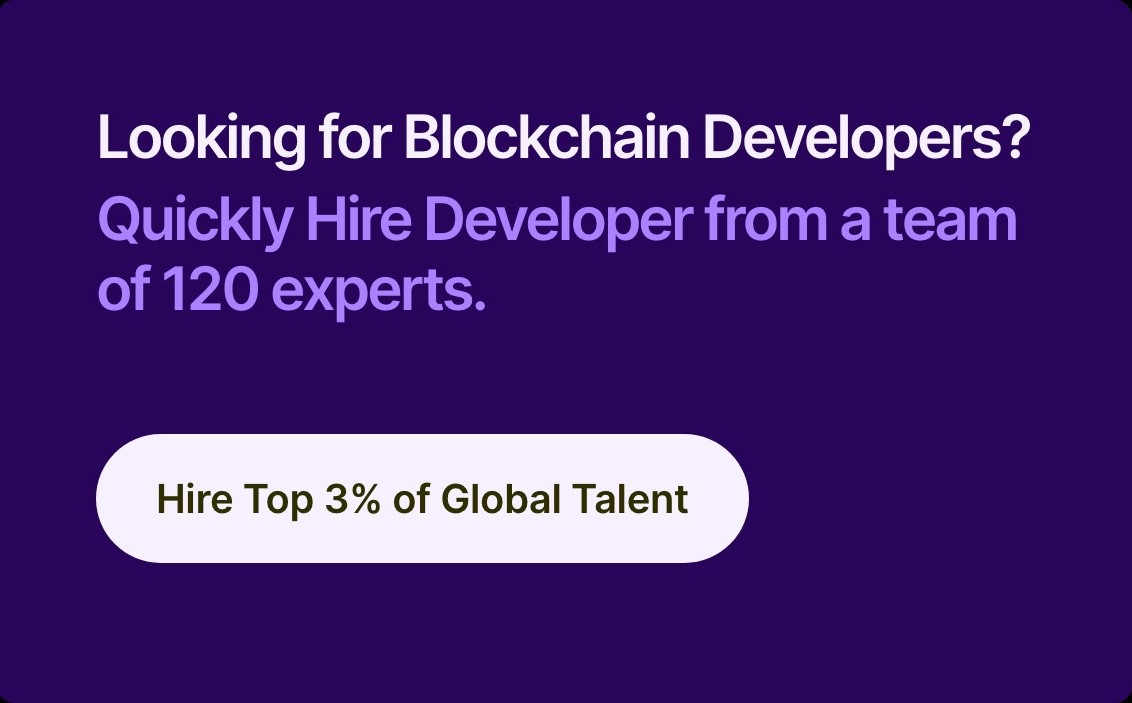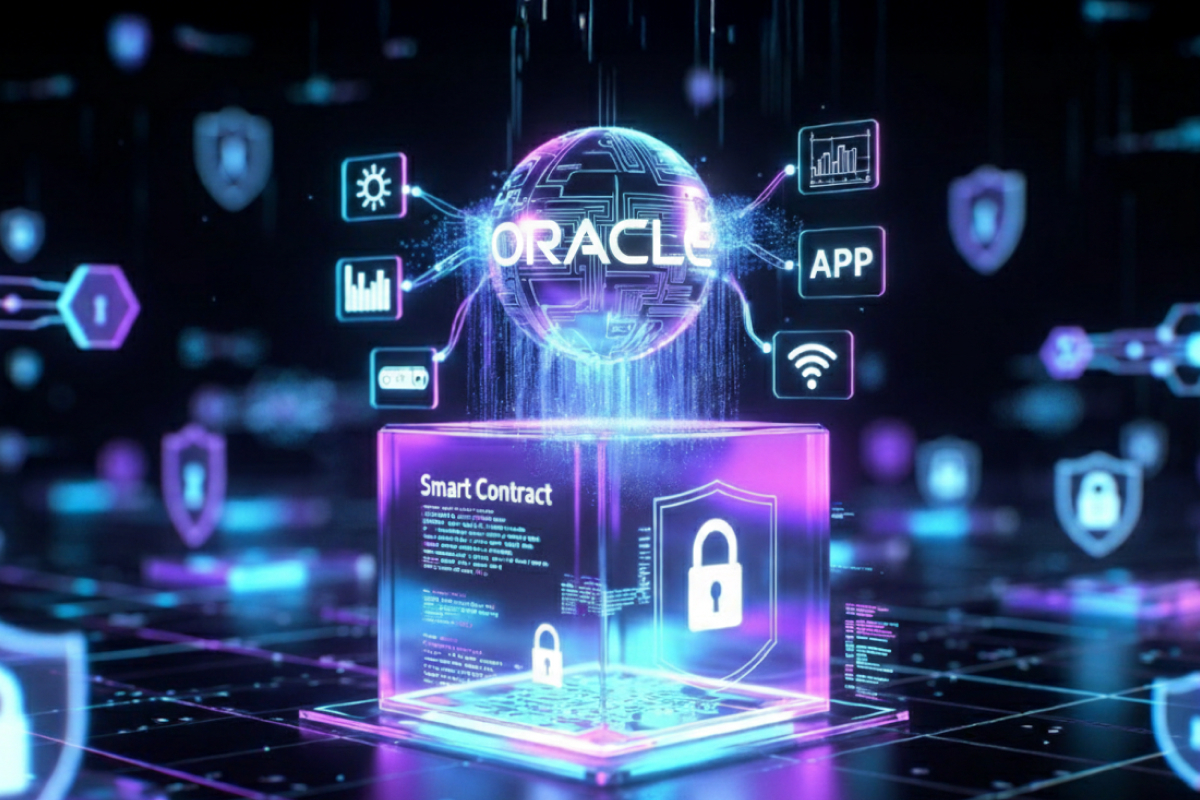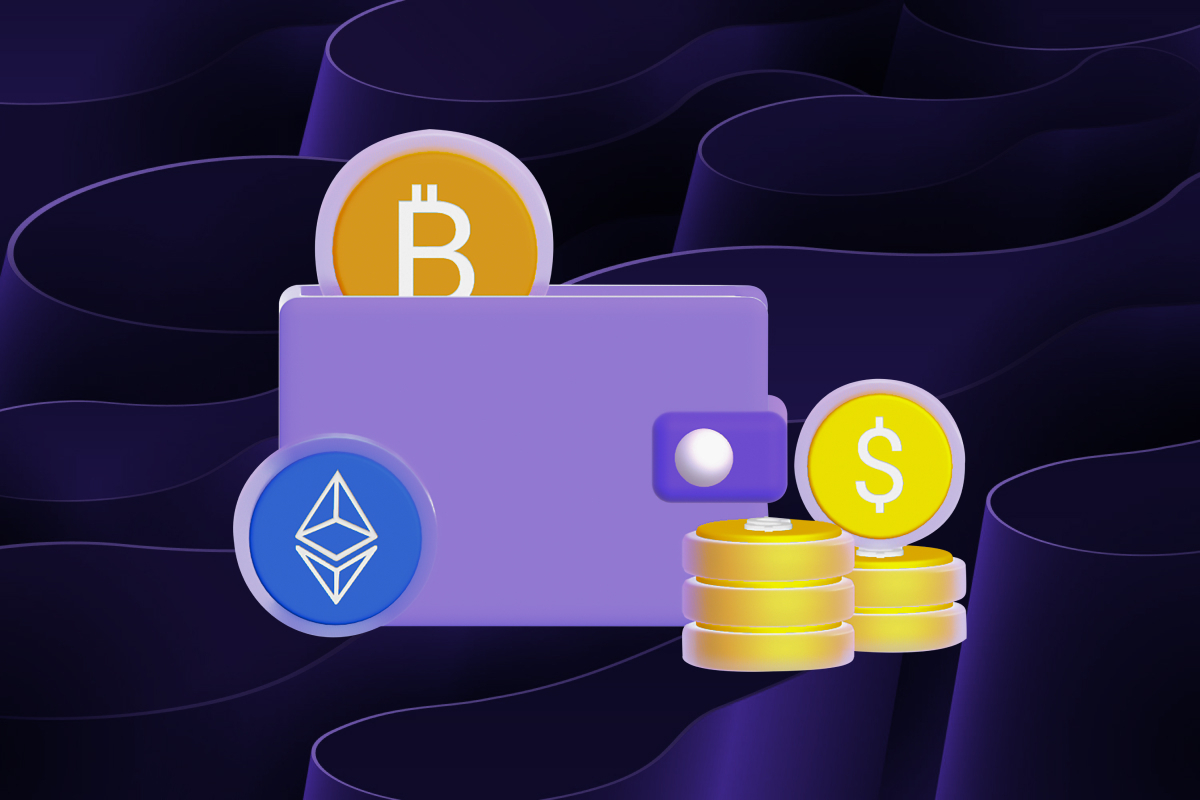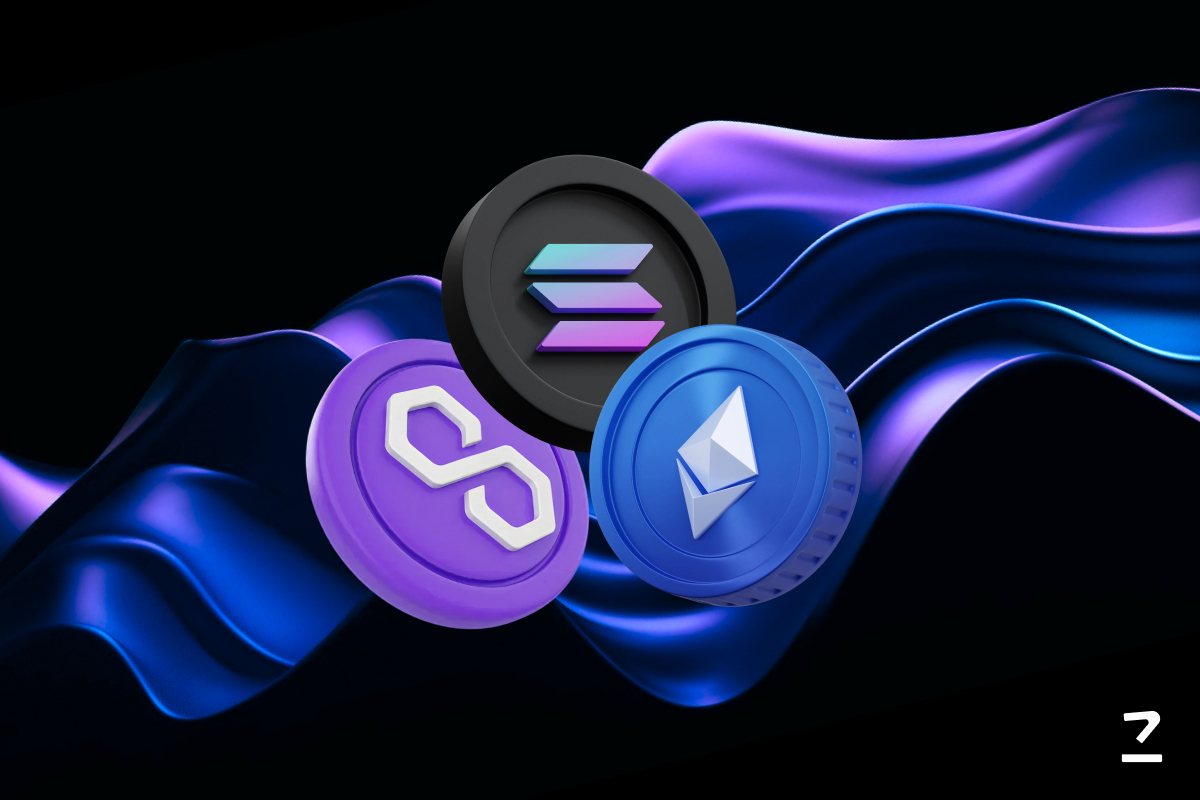SHARE THIS ARTICLE
Exploring Decentralized AI and its relationship with Blockchain and AI
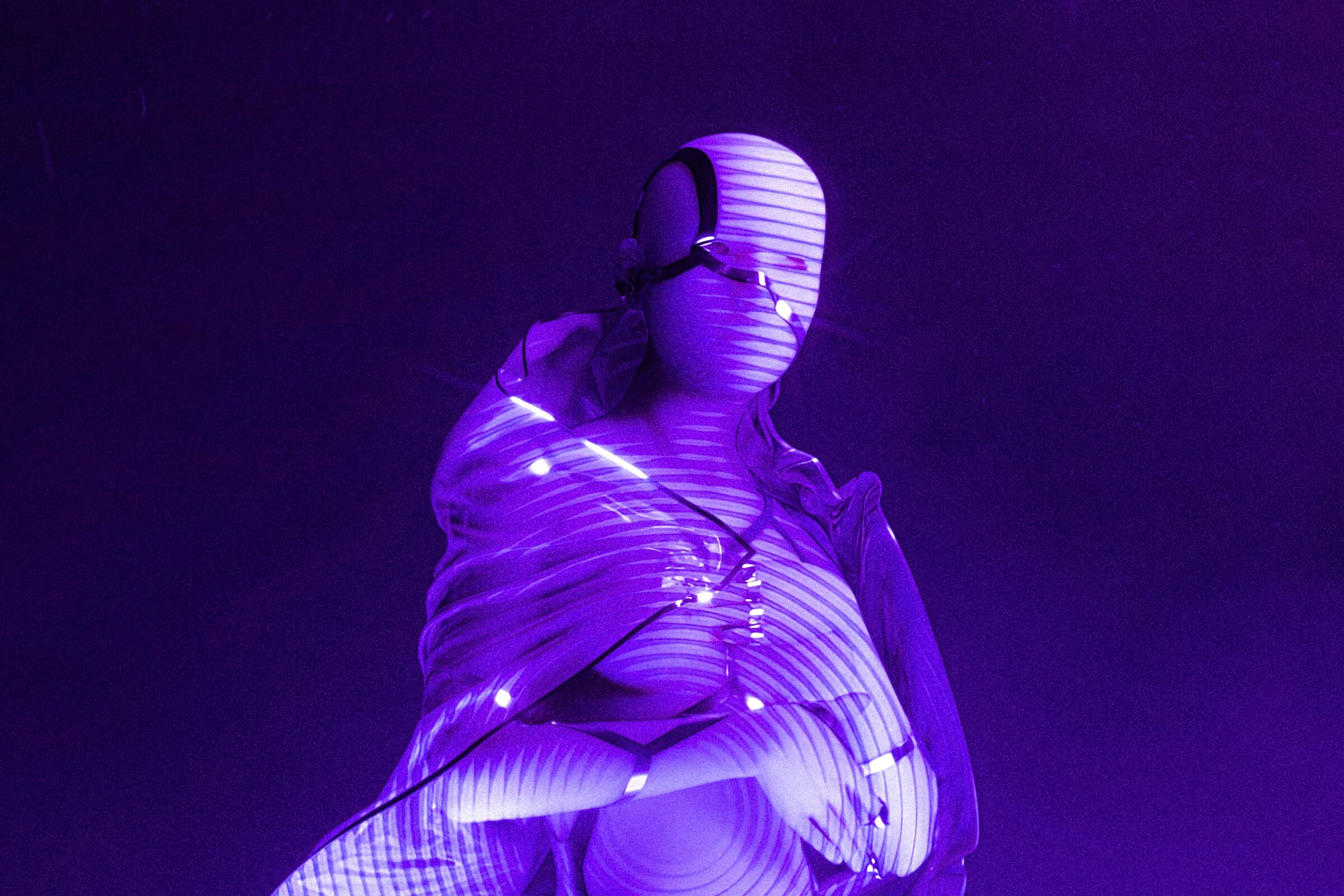
With technology evolving at a rapid pace, there has been a considerable shift towards decentralized systems, with blockchain technology leading the way. Decentralized AI is the new buzzword in the tech industry that combines the power of Blockchain and Artificial Intelligence (AI) to create a revolutionary new paradigm. In this blog, we will explore the concept of Decentralized AI and its relationship with blockchain technology. We will delve into how these technologies work together to build a more secure and transparent system, and their potential to transform industries in the future.
Defining Blockchain and AI
Blockchain is a digital technology that allows secure and transparent recording and verification of transactions using a decentralized network of nodes. It is tamper-proof, making it nearly impossible to manipulate or alter data. This technology is widely used in various industries, including cryptocurrency, that require secure and transparent data management.
Artificial Intelligence (AI) refers to the development of machines that can simulate human intelligence, such as learning, decision-making, and problem-solving, among other tasks. AI technologies encompass machine learning, natural language processing, computer vision, and robotics, and are used in various industries, such as healthcare, finance, transportation, and manufacturing, to improve efficiency, automate processes, and make better decisions.
The intersection between AI and blockchain technology has the potential to transform various industries by enhancing their security, transparency, data management, and overall efficiency.
What is Decentralized AI?
Decentralized AI, also known as DAI, is an AI system that uses Blockchain technology to store and process data. Unlike traditional AI systems, decision-making in DAI is decentralized and based on consensus among multiple nodes, rather than controlled by a central authority. This approach offers a more secure, transparent, and reliable option for AI systems. Decentralized AI makes AI technology more widely available and adaptable, increasing accessibility and democratizing its use. It has numerous applications across various industries, such as finance, healthcare, and energy, where it can enhance security, transparency, and efficiency.
Advantages of Decentralized AI
-
Scalability: Decentralized AI enables the distribution of computing power and data across a network, which allows for greater scalability and faster processing of complex tasks.
-
Privacy: By distributing data and processing power across the network, decentralized AI can offer increased privacy and security. Additionally, blockchain technology can provide tamper-proof storage of data.
-
Collaboration: Decentralized AI allows for collaboration between nodes and organizations, creating opportunities for shared data and resources and the creation of new business models.
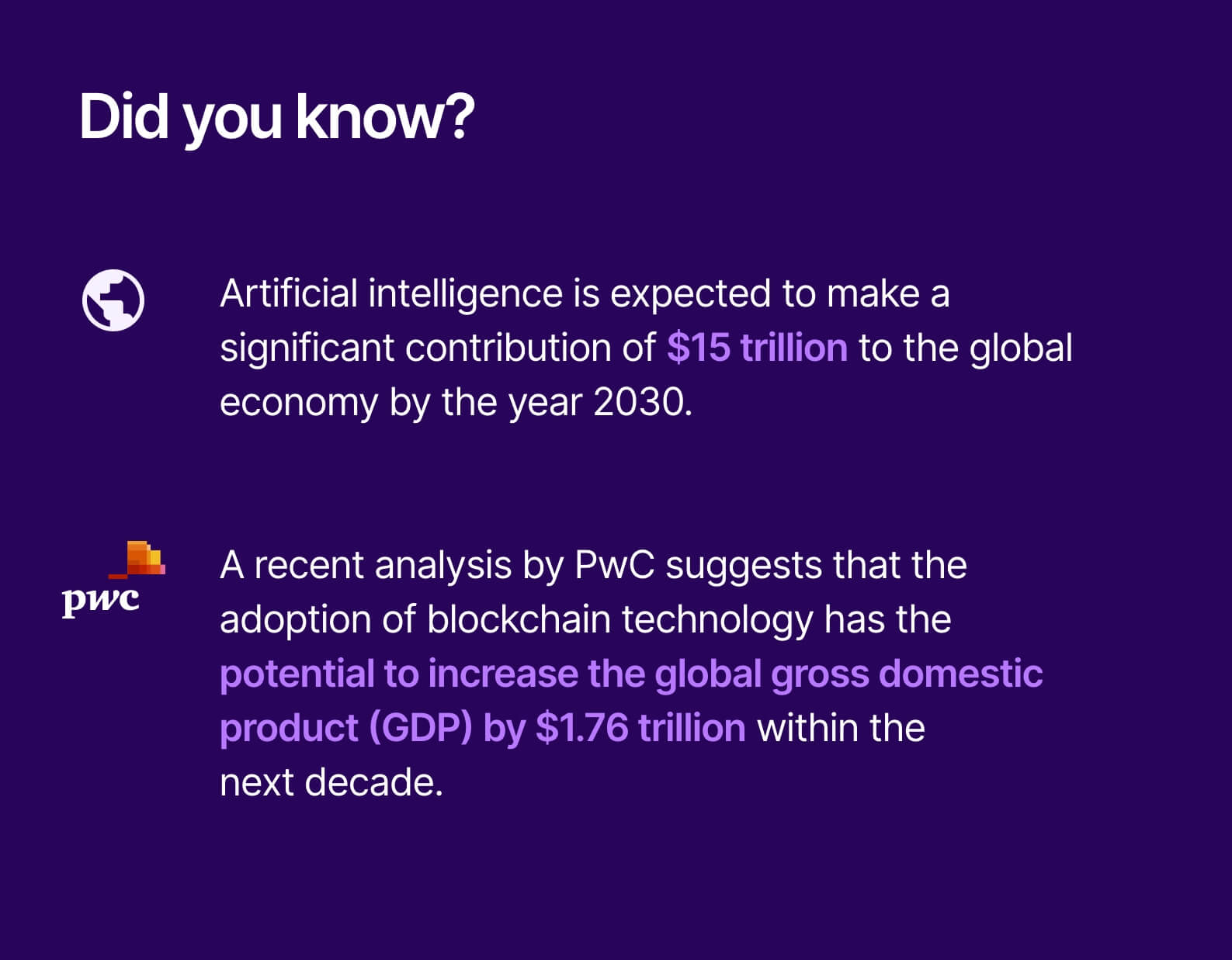
Uses Cases of Blockchain and Artificial Intelligence
AI and blockchain are two of the most exciting technological advancements of the 21st century, and their integration has opened up new possibilities for many industries. For instance:
-
Healthcare: Incorporating blockchain and artificial intelligence (AI) into healthcare management can bring remarkable advancements. The combination of these technologies ensures secure, transparent, and efficient patient data management. While blockchain allows for secure storage and controlled access to patient information, AI enables the extraction of valuable insights and patterns from this data. Such insights can lead to better diagnoses, customized treatment plans, and improved healthcare delivery, ultimately resulting in better patient outcomes.
-
Finance: The financial sector can benefit immensely from the integration of blockchain and artificial intelligence (AI) technologies. Blockchain can provide a tamper-proof and transparent platform for secure transactions, while AI can analyze large volumes of financial data in real-time to identify trends and predict market behavior. This can lead to improved fraud detection and prevention, faster and more secure transactions, and better risk management. The combination of these technologies can significantly reduce costs, increase efficiency, and enhance customer experiences in the financial sector.
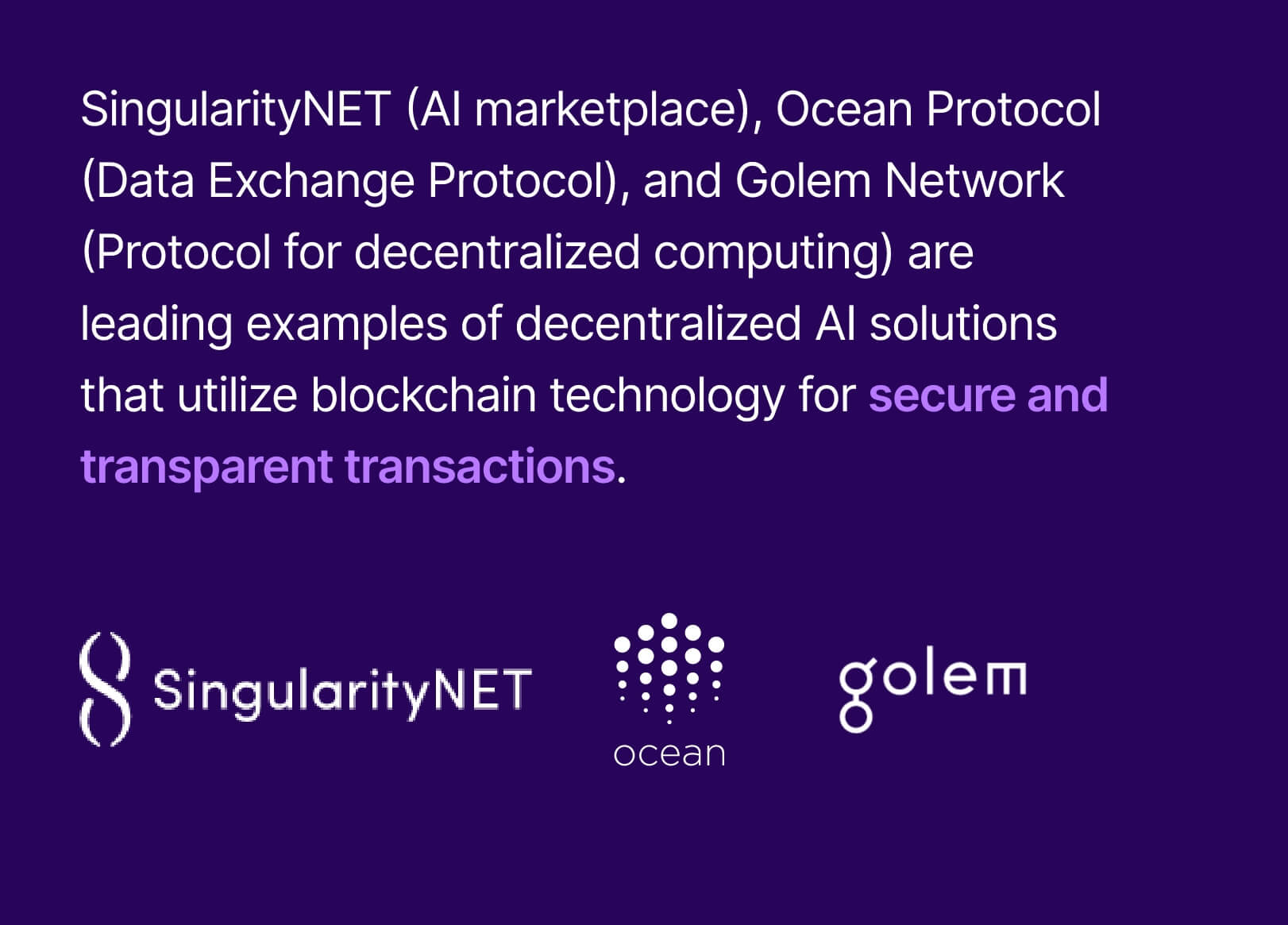
-
Education: The education sector can also benefit from the integration of blockchain and artificial intelligence (AI). With blockchain technology, student records can be securely stored and easily accessed by authorized parties, while AI can be used to analyze data to identify student strengths, weaknesses, and learning styles. This can help educators create customized learning experiences that are tailored to each student's needs and abilities, leading to improved learning outcomes. Additionally, blockchain technology can be used to provide secure and verified credentials, reducing fraud and ensuring that students receive recognition for their achievements.
-
Supply Chain: The integration of blockchain and AI has the potential to transform the supply chain sector. Blockchain provides secure and transparent transaction records, reducing fraud and disruptions. AI helps analyze data, enabling more accurate forecasting, inventory management, and quality control. By combining blockchain and AI, the supply chain can achieve greater efficiency, transparency, and reliability, leading to better business outcomes.
-
Life Science: The pharmaceutical industry can benefit from the integration of blockchain and AI technologies by providing greater visibility and traceability to the drug supply chain. This can significantly increase the success rate of clinical trials by ensuring data integrity, transparency, patient tracking, consent management, and automation of trial participation and data collection. The decentralized framework for clinical trials, combined with advanced data analysis, can enhance efficiency, accuracy, and compliance in the drug development process. The combination of blockchain and AI can enhance the entire life sciences ecosystem, from research to patient care.
-
Energy: The integration of blockchain and AI has the potential to revolutionize the energy sector. With blockchain's decentralized and immutable ledger, energy transactions can be securely recorded, tracked, and verified, creating a more transparent and efficient energy market. AI can analyze the data to identify usage patterns and optimize energy production and distribution. This can lead to cost savings, reduced carbon emissions, and improved energy efficiency. By combining blockchain and AI, the energy sector can achieve greater sustainability and reliability, leading to a more resilient energy infrastructure.
How Decentralized AI addresses the issues of AI and Blockchain?
Decentralized AI is changing the game for artificial intelligence and blockchain technology, as it tackles some of the biggest challenges faced by these industries. Here are three ways decentralized AI is having an impact:
-
Decentralized Networks and Distributed Computing Power: Decentralized AI harnesses the power of decentralized networks and distributed computing to create faster and more secure AI systems by distributing the workload across many devices.
-
Enhanced Data Privacy and Security: Decentralized AI prioritizes data privacy and security by utilizing decentralized networks and encryption to keep data safe from unauthorized access and hacking.
-
Stop Data Monetization: Decentralized AI aims to put an end to the practice of data monetization, which has been a widespread issue in many industries. Decentralized AI ensures that users have control over their data and prevents third-party selling of data without user consent.
Conclusion
Decentralized AI is a powerful tool that is transforming the landscape of modern businesses. By leveraging the benefits of decentralized networks, distributed computing, enhanced privacy and security, and stopping data monetization, this technology is offering businesses an unprecedented level of efficiency, security, and control over their data.
So, if you're looking to stay ahead of the curve and unlock the full potential of decentralized AI and blockchain technology, don't hesitate to get in touch with a blockchain app development company. Such companies can provide the necessary expertise and resources to help businesses develop decentralized AI systems.
Whether you need a decentralized AI system, blockchain-based data management, or any other blockchain app development services, Codezeros team has the expertise and experience to deliver top-quality solutions tailored to your specific needs. Consult our expertise.
Post Author
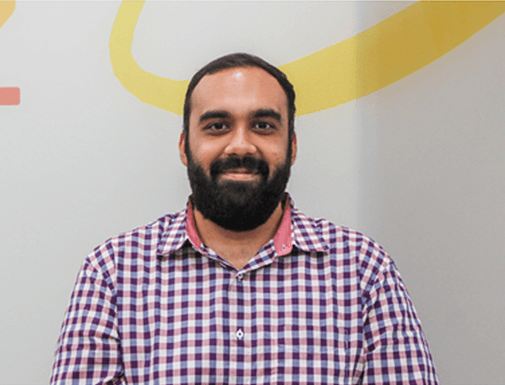
As a distinguished blockchain expert at Codezeros, Paritosh contributes to the company's growth by leveraging his expertise in the field. His forward-thinking mindset and deep industry knowledge position Codezeros at the forefront of blockchain advancements.
Blogs
Our Latest Blogs
Discover valuable industry insights and stay up-to-date with the latest updates by exploring our curated collection of recent blog posts.
Let us know your requirement
We know ideas matter, we are the product of one. We Provide Full Assistance In Your Business


